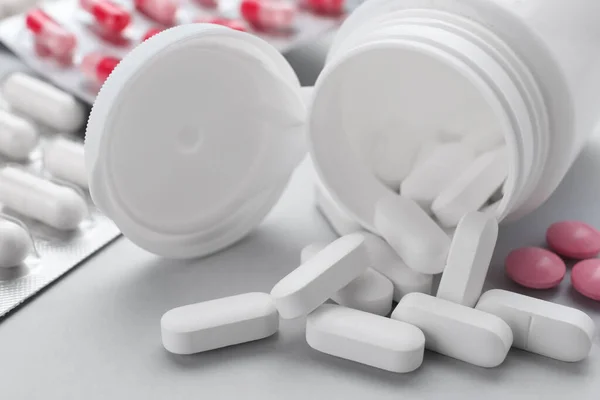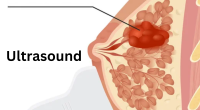Behavioral Activation vs Antidepressants for Heart Failure Patients with Depression – Depression is a common problem for people with heart failure (HF), affecting about 50% of survivors. It can lead to a worse quality of life, increased risk of death, and higher healthcare costs. While there are evidence-based treatments for depression in this population, including psychotherapy and medication, it’s unclear which is best for which patients.

This article, published in JAMA Network Open, compares two effective treatments for depression in this population: behavioral activation (BA), a form of psychotherapy, and medication management (MEDS).
What is behavioral activation and how does it work
Behavioral activation is an approach to mental health, often used in cognitive behavioral therapy (CBT), that involves individuals using behaviors to “activate” a positive emotional state. The idea is that by deliberately engaging in fulfilling or healthy activities, individuals can experience positive emotions, which can help in overcoming depression and improving overall well-being. This approach is based on the theory that as individuals become depressed, they tend to engage in increasing avoidance and isolation, which can maintain or worsen their symptoms. Behavioral activation aims to help individuals identify activities they value and take steps towards engaging in them, ultimately breaking the cycle of depression. It involves working with a therapist to increase activities that can reduce depression, and research has shown that it can be as effective as antidepressants, even for people with severe depression.
The Study
A recent study compared behavioral activation (BA) therapy, a type of psychotherapy, to antidepressant medication management (MEDS) in a randomized controlled trial (RCT). The study enrolled 416 HF patients with depression, and randomly assigned them to either BA or MEDS. Both groups received 12 weekly sessions followed by monthly contact for three months.
The main finding: Both BA and MEDS were equally effective in reducing depressive symptoms by about 50% at six months. However, there were some key differences:
Physical health-related quality of life (HRQOL): BA recipients showed better physical HRQOL at six months than MEDS recipients.
Emergency department (ED) visits and hospital days: BA recipients had fewer ED visits and spent fewer days in the hospital at all follow-up points.
Hospital readmissions: No statistically significant difference was found between the groups in hospital readmissions.
The authors suggest that the lower ED visits and hospital days in the BA group may be due to the program’s focus on increasing physical activity. They also point out that poor general health, a known risk factor for rehospitalization, may explain why no difference in readmissions was observed.
This study provides valuable information for clinicians and caregivers treating HF patients with depression. It suggests that both BA and MEDS can be effective in reducing depression, and that BA may offer additional benefits for physical health-related quality of life and reducing healthcare utilization. This can help healthcare providers choose the best treatment approach for individual patients based on their specific needs and preferences.
What are the success rates of behavioral activation in treating depression?
Behavioral activation has been shown to be effective in treating depression. One randomized trial indicated that 66% of patients receiving behavioral activation responded, with their depression scores improving by at least 50% compared to baseline. Research suggests that behavioral activation may be as effective as antidepressants, even for people with severe depression. A narrative review of empirical literature also supports the effectiveness of behavioral activation as a standalone psychotherapy for depression. Therefore, the success rates of behavioral activation in treating depression are promising, with evidence supporting its effectiveness as a treatment approach.
ALSO READ: New Study Uncovers Hundreds of Chemicals Linked to Breast Cancer Risk








